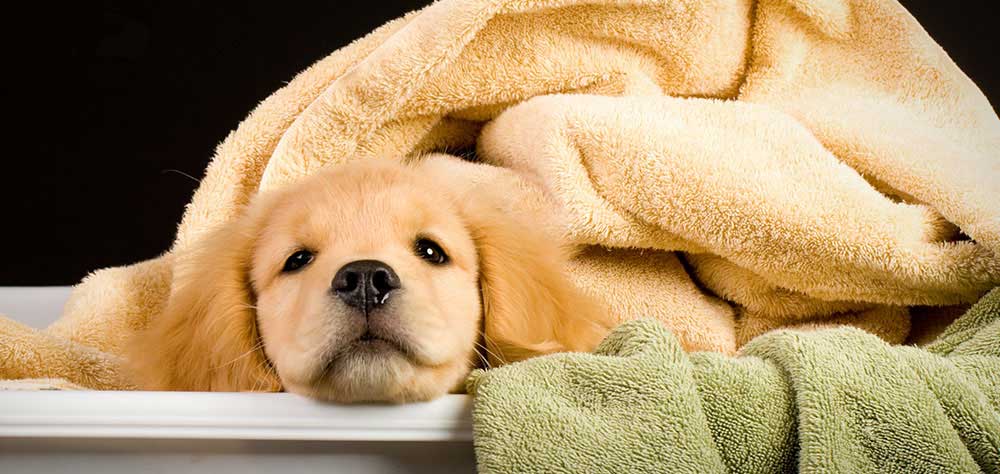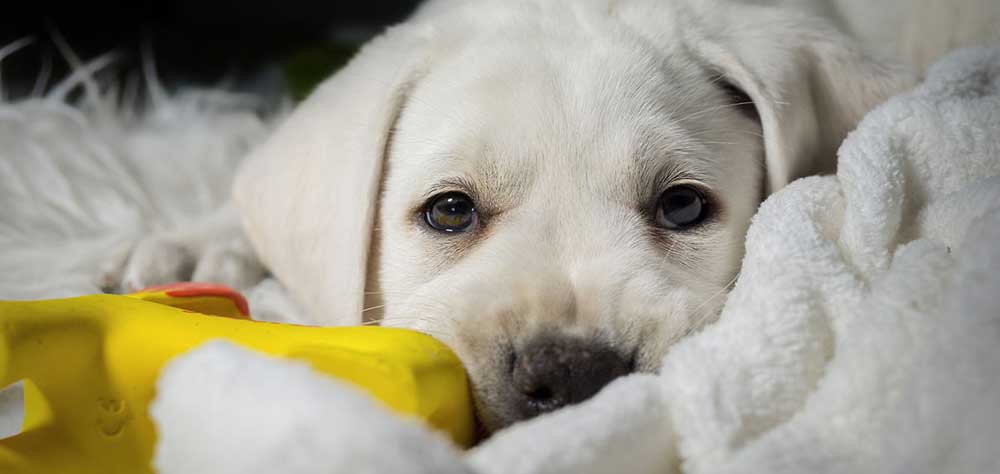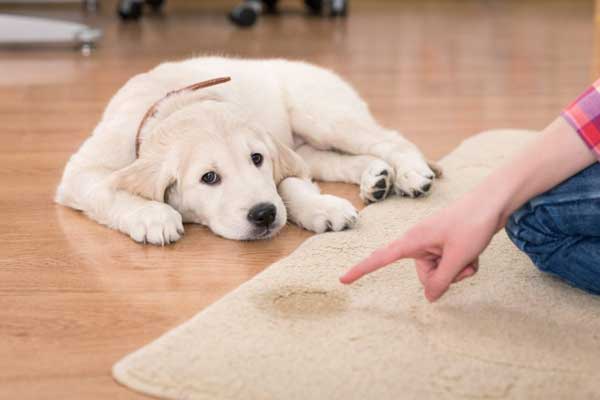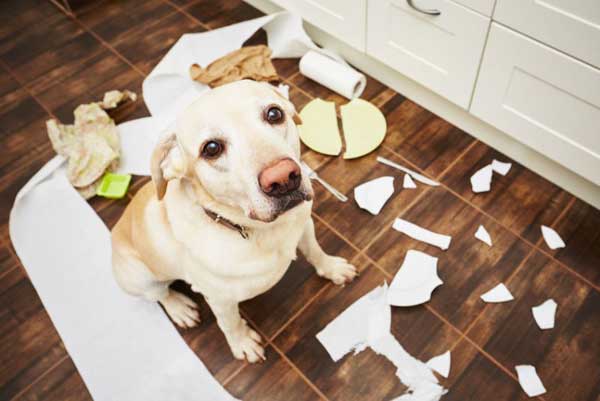More
Professional Dog Breeder and Handler, Ed Thomason, shares his most valuable puppy training advice on how to raise a confident puppy.
More
Written by Ed Thomason

- Handle your puppies daily from birth to 8 weeks old. Touch all of their body parts, including flipping them over onto their back until they learn to relax in this position.
- Once their ears are open, play music for them 24 hours a day. Change the station often so they hear a variety of different voices and tones.
- Expose them (safely and cleanly) to as many people as you can. If you have friends with young children invite them over for a play date around 5-7 weeks of age. This is great experience for a young litter!
- Encourage them to explore and investigate. Allow their brains to begin to work for themselves.
- Give them access to a variety of toys and games with different surfaces for them to walk on and feel.

- Increase puppy’s responsiveness to learn commands.
- Generally, puppies are teething during this period and they will learn bite inhibition through puppy play time.
- Teach proper interaction with strange people and strange dogs.
- Strengthen your bond with your new family member.
- A weekly car ride in a dog crate will teach them that the dog crate is NOT a punishment.

- Open an umbrella with your puppy nearby.
- Change the trash bag around your puppy.
- Move furniture around in your house.
- Turn on the vacuum cleaner.
- SAFELY allow them to hear a running lawn mower.
- Blow dry your hair with your puppy present.
- Wear a hat around your puppy.

(See all Collapsible dog crate sizes, colors, and features here!)
You can check out Ed Thomason and his pups on Facebook! https://www.facebook.com/ed.thomason.50
Photo Credit:
(1) thebeestisyettocome.tumblr.com (2) cheezeburger.com. (3) @mareandfriends (4) @chaosandsombra (5) @beesandburlap






